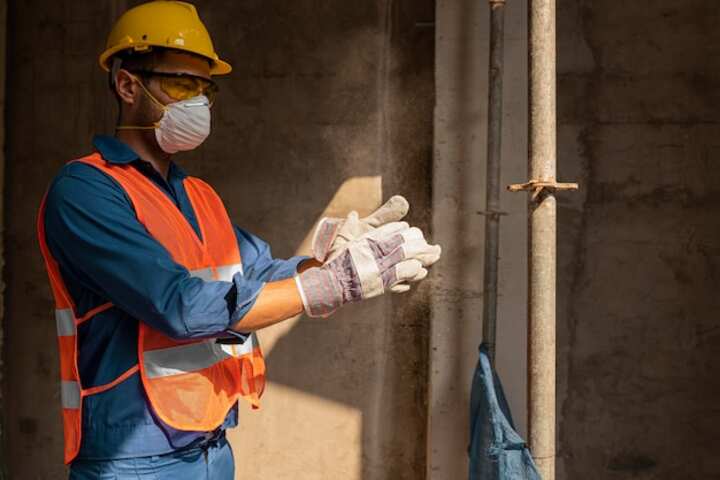
Ultimate Guide to Professional Concrete Roof Waterproofing Services
In the realm of construction and architectural design, concrete roofs have become a popular choice due to their durability and structural integrity. However, like all roofing materials, concrete roofs require proper maintenance to ensure they remain impervious to leaks and water damage. This article delves into the essentials of professional concrete roof waterproofing services, outlining the benefits, processes, and considerations involved. Whether you're a homeowner or a contractor, understanding these aspects is crucial for preserving the longevity and functionality of concrete roofing systems.
Understanding the Importance of Waterproofing
Concrete roofs are prone to water penetration, which can lead to a host of issues such as mold growth, structural damage, and increased energy costs. Proper waterproofing is essential to:
- Protect the structural integrity of the building.
- Prevent leaks and water damage.
- Enhance energy efficiency by maintaining thermal insulation.
- Reduce maintenance costs over time.
For a comprehensive understanding of the importance of waterproofing, read more about this topic.
Key Waterproofing Techniques for Concrete Roofs
1. Liquid Membrane Systems
Liquid membranes are a seamless waterproofing solution applied directly onto the roof surface. Their flexible nature allows them to adapt to structural movements, providing a reliable barrier against water.
- Easy to apply and quick to cure.
- Suitable for complex roof shapes.
- Available in various formulations to cater to different climatic conditions.
Learn more in this detailed guide about liquid membrane systems.
2. Bituminous Coating
Bituminous coatings offer a durable solution for waterproofing concrete roofs, often favored for their resilience and cost-effectiveness.
- Provides excellent protection against UV rays and weathering.
- Can be applied to a variety of substrates.
- Offers long-lasting performance with minimal maintenance.
Explore further insights here about bituminous coatings.
3. Cementitious Waterproofing
Cementitious waterproofing involves the application of a cement-based coating that bonds with the concrete surface, creating a waterproof layer.
- Ideal for areas with constant water exposure like bathrooms and kitchens.
- Easy to mix and apply.
- Offers a strong bond with the concrete substrate.
Find additional information here on cementitious waterproofing.
Factors to Consider When Choosing a Waterproofing Service
Selecting the right waterproofing service is crucial for ensuring the effectiveness and longevity of the treatment. Here are some factors to consider:
- Climate Conditions: The local weather patterns will influence the choice of waterproofing materials and methods.
- Roof Design: The complexity and shape of the roof can determine the suitability of certain waterproofing systems.
- Budget: Consider the cost-effectiveness of different waterproofing options in relation to their durability and maintenance requirements.
- Professional Expertise: Ensure the service provider has the necessary expertise and experience in handling concrete roof waterproofing projects.
For more about choosing the right waterproofing service, explore further insights here.
Conclusion
Professional concrete roof waterproofing is a critical aspect of maintaining the structural integrity and functionality of a building. By understanding the different techniques available and the factors that influence their effectiveness, property owners and contractors can make informed decisions to protect their investments. For an in-depth understanding of professional concrete roof waterproofing services, find additional information here.